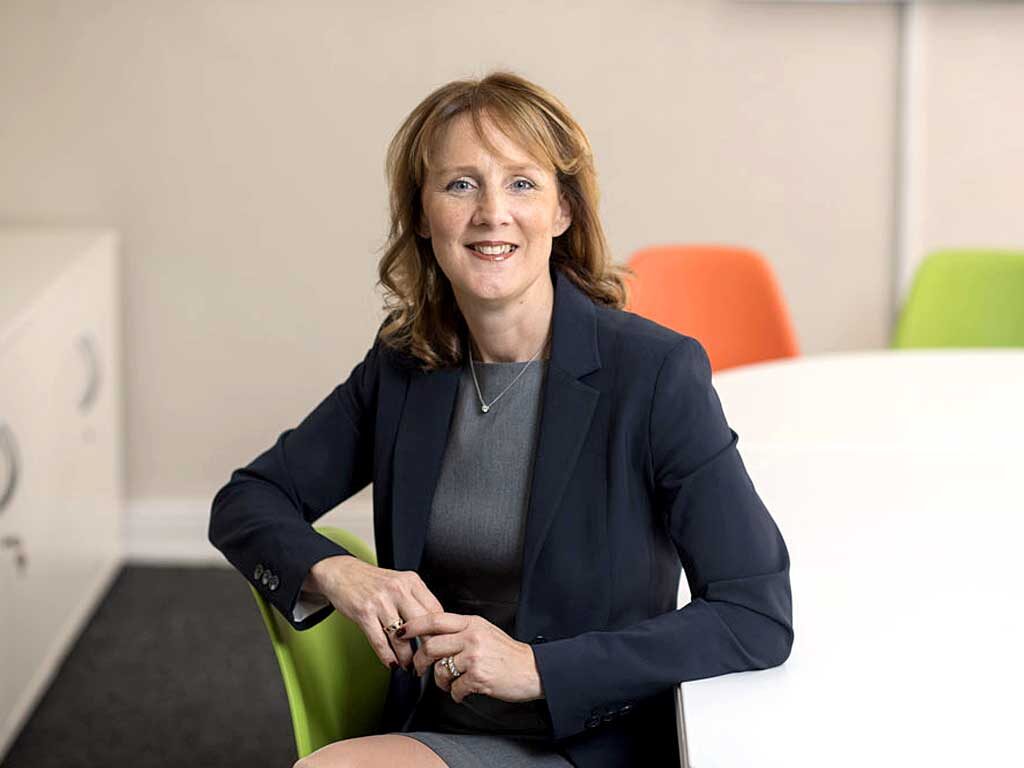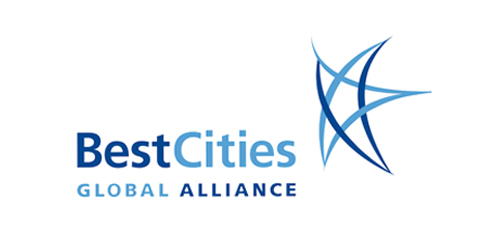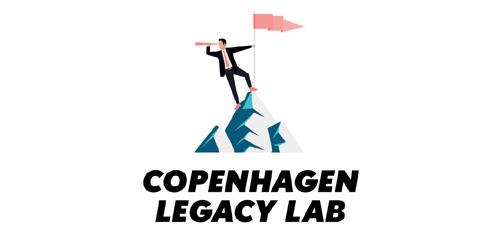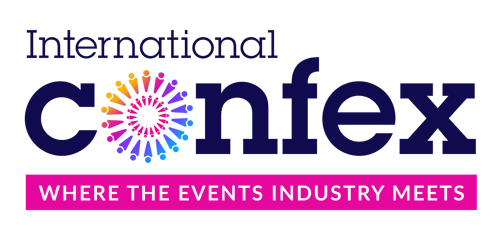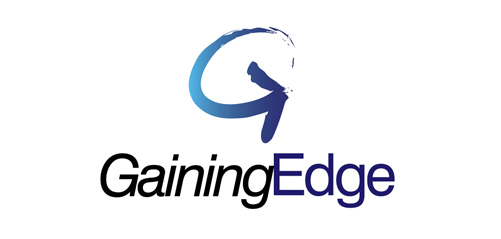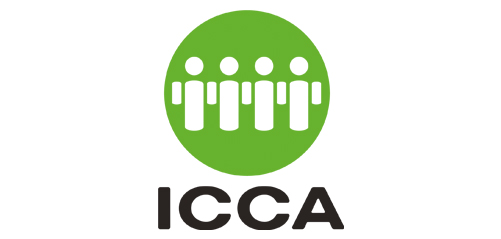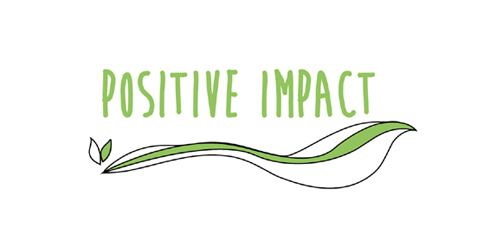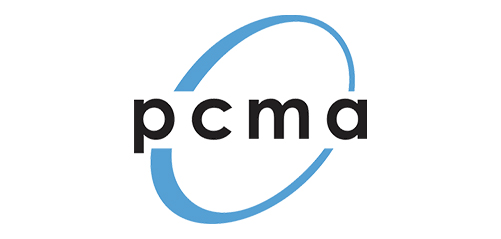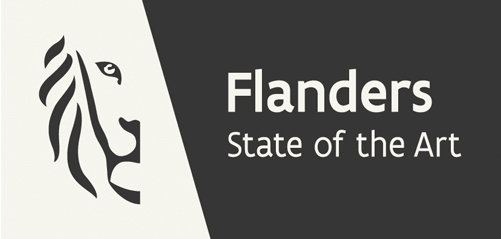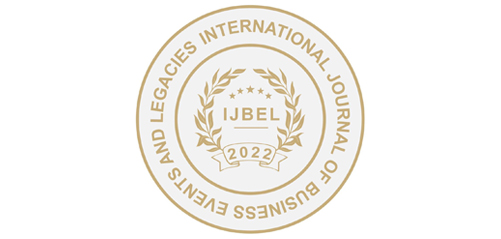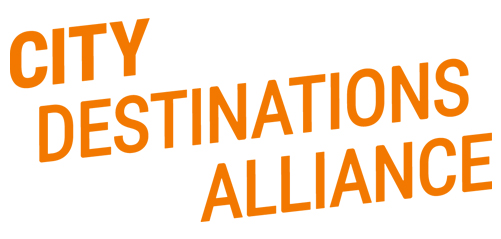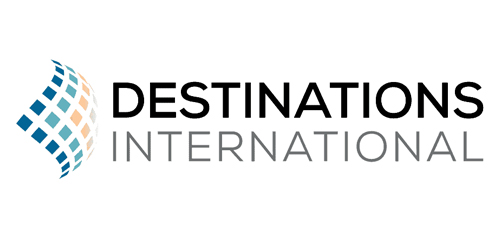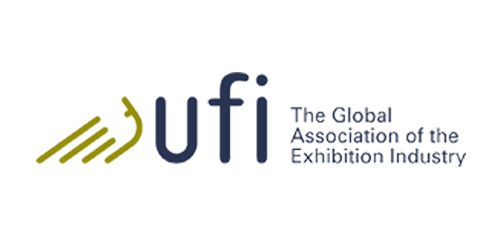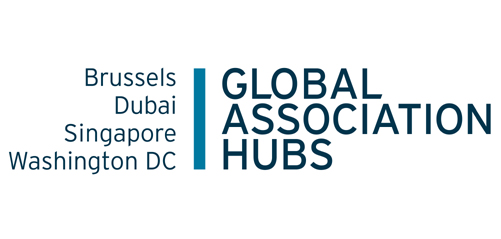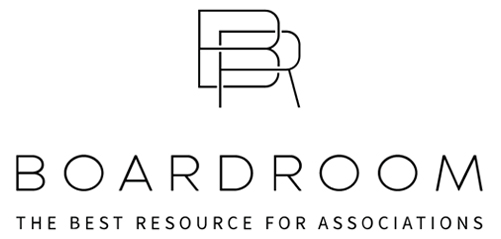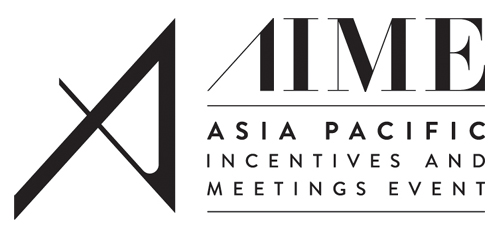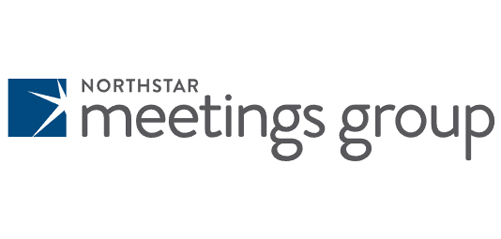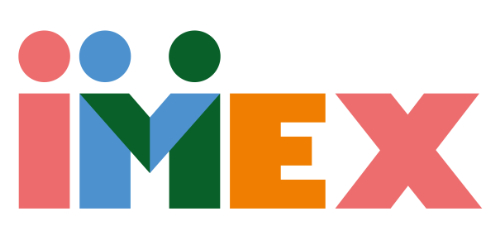The “new normal” notwithstanding, the preference across the industry for holding in-person meetings is clear. So what do both venues and destination marketing organisations need to focus on to maximise their attendance in-person now as hybrid meetings proliferate? Sarah Fleming, Managing Director of Sarah Fleming Associates, has some ideas on the subject. From Sarah Fleming Associates…
Virtual and hybrid meetings have been a creative way to keep the meetings industry alive this year, and there seems no doubt that “hybrid” is here to stay – so hotels, venues and destination marketing organisations will need to find ways to influence the ratio of virtual versus in-person participants at meetings to increase the latter in the future. We’ve got three Rs for schooling, three Rs for the environment and now we have three Rs for destination marketing: research, relevance and relationships.
Although I think we can all agree that face to face is our preference (well it is certainly mine) the hybrid format is gaining momentum and habits are forming. So can we change these behaviours in the future and if so how do we? A future in which concerns over health and safety, the environmental impact of travel and budget considerations remain, beyond the current pandemic. And a future in which technology is only going to get better and better at improving the virtual experience. How can hotels, venues and destination marketing organisations swing the pendulum back in favour of in-person?
In order to consider this, we need to get to the bottom of why people attend meetings in the first place. Meetings are about communication, life-long learning and knowledge sharing, right? If so, then this is relatively easily replicated on a virtual platform. Furthermore, the time and cost savings, efficiency, positive environmental impact and the potential for increased global outreach make staying at home and attending / running a conference virtually very tempting. But meetings are so much more than that: meetings are about fostering relationships, being part of community, making connections and forming collaborations, finding and recruiting talent, and discovering your tribe. And all of this is done so much more effectively when we are face to face. Nothing can replace those “water cooler moments”: the spark from serendipitous meetings in the coffee break (or the hotel bar!) where deeper connections and trust are formed through non-verbal as well as verbal communication. Meetings are catalysts for change and it’s the effervescence, kinetic energy and chemical reaction that happens when humans get together in person that magnifies the outcomes from these meetings and drives long-term economic growth and scientific development. And so far, I have been woefully underwhelmed by any virtual attempts to replicate these dynamic personal experiences!
Destination marketing organisations need to focus on these factors. In order to change behaviour and break the “virtual” habit there needs to be a compelling reason to be there in person. This means that local sector relevance as well as intellectual capital and academic assets will be more important than ever. By linking the science / content of the conference with the strength of the intellectual capital of the destination you will be able to showcase home-grown industry solutions, share research, facilitate technical visits, engage local stakeholders. In short – to provide a local ecosystem and an invaluable in-person experience that will create a strong fear of missing out by staying at home.
Business tourism destination marketing needs to change in the post-COVID world. It needs to be selective, specific and targeted, so sophisticated research is more important than ever. Forward thinking venues and destinations will be identifying their city / regional sector strengths (economic, scientific and strategic), linking these to relevant conferences and identifying potential experts and influencers who might be able to work with them on a bid and lead a local organising committee. They need clearly to identify their knowledge economy to more intentionally and effectively leverage relationships in this local knowledge base, showcase their local expertise in high-priority sectors and ultimately attract more national, regional and international conference business in the relevant sectors.
There may be less (or smaller) in-person events in the future, certainly in the short-term, so it will be extremely important that destinations future-proof their pipelines and focus on relevant events that are most suitable for them, the bids they are most likely to win and the conferences that will have most impact on their long-term economic and scientific growth. They need to be preparing now, researching during the “quiet” time, to put the right strategy in place to maximise the opportunity to meet the potential post-COVID upswing in interest to meet in-person, albeit that people will be more discerning in their travel decisions. Now, at this time of restricted travel, is the perfect moment to invest time and money in this kind of research, prioritise your sales activity by relevance to your destination and build on your local relationships with stake-holders, government, academics and influencers.
Sarah Fleming, Managing Director, Sarah Fleming Associates

